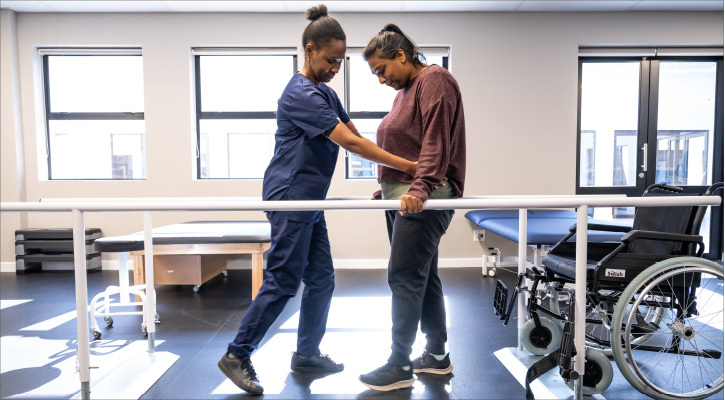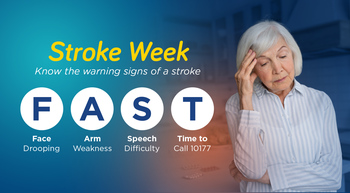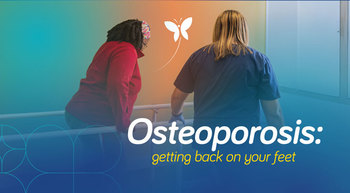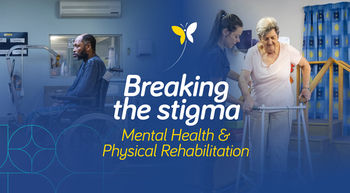
Spinal Cord Injury Awareness
Spinal Cord Injuries: What You Need To Know
Nurture Health knows how devastating a spinal cord injury can be, and takes a comprehensive and caring team approach to its medical treatment.
Occupational therapist Kirstin McLaggan, rehabilitation programme manager at Nurture Aurora in Gqeberha, spells out what families should look out for, and how the national healthcare specialists can help.
From the start, each spinal cord injury patient is assigned to a dedicated team of medical professionals that will include a doctor, nurses, carers, physiotherapist, occupational therapist, speech therapist, psychologist, dietitian and social worker.
“The team huddles daily to discuss any changes in condition, and meets weekly to discuss the patient’s progress and goals in depth,” says McLaggan.
From acute care at the start to home nursing later, Nurture Health guides and supports a family through the injury rehab process. Education is also key and includes keeping goals and expectations realistic while maximising the potential for recovery.
The team will make the most of the patient’s mobility, looking at how they can take care of themselves as far as possible. This includes identifying appropriate rehabilitation equipment.
Nurture Health also provides emotional support as patients transition to the new, post injury life. The therapy team may, for example, go on community outings with the patient, and visit their home, says McLaggan.
She notes that spinal cord injury patients are at risk of developing pressure sores. To help prevent this, Nurture Health rehabilitation centres provide pressure care mattresses, and nursing staff move the patients in their bed every two hours to further reduce the risk of sores.
“Contractures can quickly develop among spinal cord injury patients and we will ensure that their joint are mobilised daily,” she says.
The medical treatment plan takes into other account factors that can affect spinal cord injury patients, such as bladder and bowel management.
There is also a possibility of serious conditions such as autonomic dysreflexia, which can lead to a dangerously high blood pressure and other symptoms.
“The medical, nursing and therapy team are always looking out for the symptoms,” says McLaggan, and they educate the patient on these symptoms so they are able to identify them.
Families need to know that physical rehabilitation can be a long process with ups and downs along the way. This means that patients – and their loved ones – need patience and motivation.
“It is an emotional journey that extends well past the in-patient phase,” she says.
“The main thing is to never give up. The things that are difficult today in therapy are easier in a few days or weeks.
“It is also really important to get in contact with other spinal cord injury patients and their families for support, as they can always provide amazing advice and support.”
Working together with the dedicated medical care team at Nurture Health, the goal is to prevent further injury, and live a new life that is as active and productive as possible.





